Trouble with Fescue in NW Arkansas
tkuper05
13 years ago
Related Stories
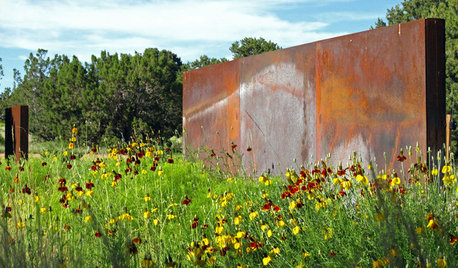
GARDENING GUIDESGreat Design Plant: Ratibida Columnifera
A shortgrass prairie native wildflower fit for pollinators and dry trouble spots offers benefits all year long
Full Story
INSIDE HOUZZInside Houzz: Rich Wood Transforms a Dallas Bathroom
All white was all wrong for this Texas couple. See how they remodeled their bath with high-end materials in warm tones
Full Story
GARDENING GUIDESNew Ways to Think About All That Mulch in the Garden
Before you go making a mountain out of a mulch hill, learn the facts about what your plants and soil really want
Full Story
FLOORS5 Benefits to Concrete Floors for Everyday Living
Get low-maintenance home flooring that creates high impact and works with home styles from traditional to modern
Full Story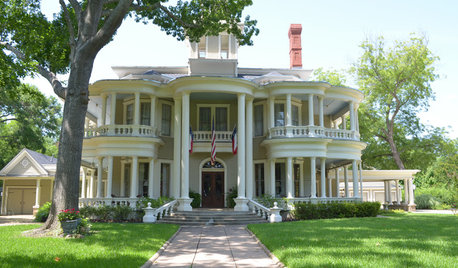
TRADITIONAL HOMESMy Houzz: Step Inside a Grand 1800s Victorian
A 7,000-square-foot historic estate returns to glory, thanks to loving renovations by a tireless Texas couple
Full Story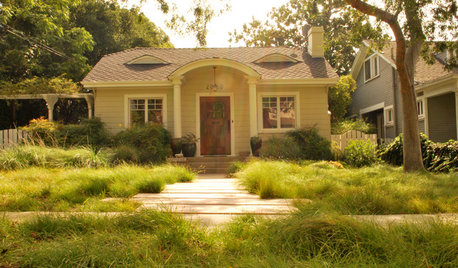
MOST POPULARMeet a Lawn Alternative That Works Wonders
Carex can replace turfgrass in any spot, is low maintenance and adjusts easily. Add its good looks and you’ve got a ground cover winner
Full Story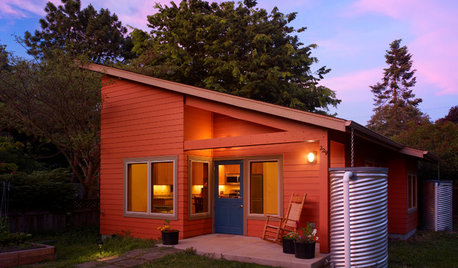
GREEN BUILDINGHow to Harvest Rainwater for Your Garden
Conserve a vital resource and save money by collecting stormwater for irrigation in a barrel or tank
Full Story





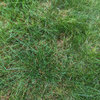
alexh1000
alexh1000
Related Professionals
Towson Landscape Architects & Landscape Designers · Wakefield Landscape Contractors · Waterbury Landscape Contractors · Braintree Landscape Contractors · Ellicott City Landscape Contractors · Longview Landscape Contractors · Melrose Landscape Contractors · North Plainfield Landscape Contractors · Ponte Vedra Beach Landscape Contractors · Saint John Landscape Contractors · Vermilion Landscape Contractors · Glenn Heights Swimming Pool Builders · Pflugerville Swimming Pool Builders · San Dimas Swimming Pool Builders · Shady Hills Swimming Pool Builderstiemco
tkuper05Original Author
tiemco
texas_weed